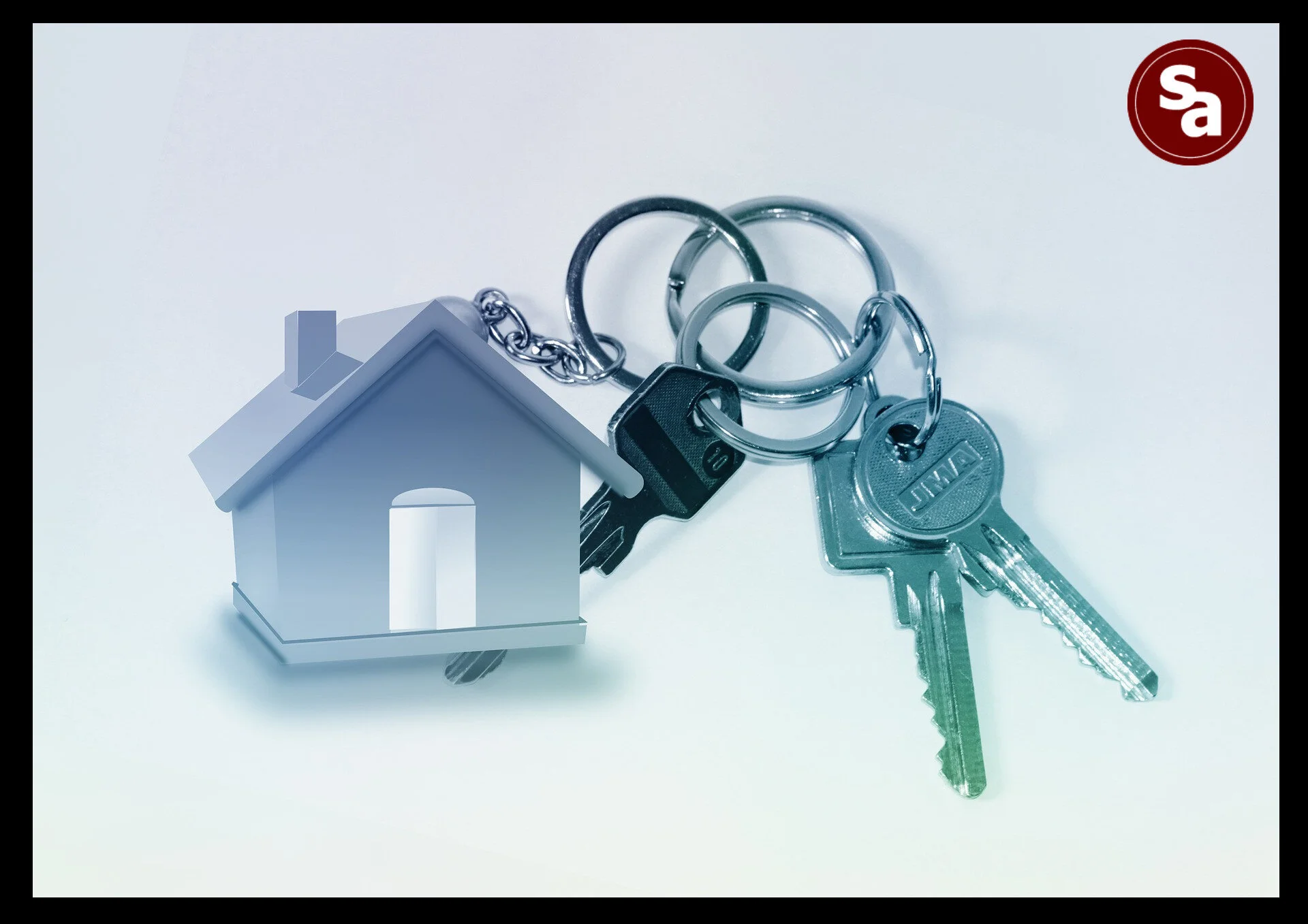Renting VS. Buying After A Divorce
Should you own or rent following your divorce?
This can be a tough decision for those who have recently found themselves looking for a new home after a divorce. While each situation is personal and varies, there are factors to consider before taking the next step of moving into a new home.
Renting can have a stigma attached, while homeownership can provide certain obstacles and challenges that you may not be ready to tackle as you settle into your post-divorce life.
When deciding on renting or buying your next home, keep in mind what questions you should ask yourself.
What is my income? Will my current income decrease or increase in the coming years?
How is the real estate in my city? Do you currently live in a market where real estate can be expensive?
Will my annual income cover the costs of owning a home?
By starting with these questions you can begin evaluating your financial health openly and honestly and begin planning your next financial milestone. Reaching your goal, such as buying a new home, will require looking into many factors to decide if buying a home after a divorce is right for you. These factors include your income, debt, savings, and investments that will be used to determine if you are financially able to purchase a new home.
Many may ask where to start.
ANALYZE YOUR FINANCES
You will have to take an in-depth look at your finances including savings, investments, bills, debt, etc. It would also be beneficial to consult a financial advisor or accounting professional who can assist you in navigating any tax implications during the divorce process while also offering guidance in budgeting, saving, and recovery.
IS YOUR DIVORCE FINALIZED?
Where are you in your divorce proceedings? This will have an impact on your ability to purchase another home. Divorce proceedings can take 6-12 months, which can affect the process of buying a home as many lawyers will wait until the divorce has been finalized before you can purchase your next home.
NAME ON THE MORTGAGE
Analyzing your finances is an important step when choosing the affordability of your next home purchase, putting all your finances in order. Take all debts into consideration including the mortgage on your former residence. If your name is on a current mortgage it is a good idea to keep that in mind before attempting the purchase of a new home. Your name on this previous mortgage will affect the type of loan you can qualify for, along with your debt to income ratio, and credit rating.
FAMILY
Throughout the divorce proceedings, it is important to account for other factors that will ultimately affect your family. If there are children involved then the location of your new home will be important to aid in a successful transition. A proper location will ease co-parenting responsibilities, help transportation to school including extracurricular activities and other logistics that will help your family ease into this new phase.
Whether you rent or buy there will be benefits that best fit your current situation.
RENTING AS AN OPTION
When change is occurring a lot of things can be up in the air and renting can give you the flexibility needed, allowing you to plan for your next steps.
Some benefits of renting a home:
Upfront Monthly Costs. Knowing that you will be paying the same amount each month allows you to find a budget that works for you and stick to it without the fear of unforeseen costs.
Maintenance and upkeep are included in your rental agreement.
Paying rent can be much lower than your previous mortgage and can allow you to save and invest additional funds that can assist in a downpayment for the purchase of a home in the future.
The added security of neighbors as well as a secure building.
Drawbacks of renting a home:
Limited privacy
You may be limited in how you can renovate or decorate your new surroundings.
Leasing agreements. Once you sign a lease you are legally obligated to fulfill the agreement, even if you discover the place may not be the best for you and your family.
Outdated appliances and decor
BUYING AS AN OPTION
If you are ready to move into a new home and have financial security, there is the option to buy a new place to live. Buying a home provides stability that can be much needed in a time of transition and plants roots for your future and family
Some benefits of buying a home:
Increased privacy.
Long-term investment, building equity.
Additional space.
Flexibility and freedom to renovate and decorate as desired.
Drawbacks of owning a home:
Property taxes can increase without notice.
Maintenance costs, these recurring costs can include furnace upkeep, exterior home maintenance, yard upkeep, and other experiences that periodically occur.
Fees, if you choose a home such as a condominium you will incur fees to maintain the property.
Unexpected costs such as a new roof, window replacements, new boiler, broken furnace, etc.
BUYING VS RENTING
Whether you choose to buy or rent a home there will be costs associated with your decision. Each person looking to move on to the next phase of their lives is unique so there is not a “one size fits all” solution. Renting may not be the ideal living situation, but can provide a short-term solution that can allow you the flexibility needed to adjust your new life for the future. Buying a home may seem like your best option when looking to plant roots and begin again, and if you have the financial means. The most important consideration and question you should ask yourself is "can you afford it?"
So the question isn’t as simple as if you should rent or buy, but what is right for you?

